At Altimuss, we are honored to be a reputable worldwide provider of sugar and its byproducts. Our dedication to sustainability is the driving force behind our sourcing and delivery processes, guaranteeing that we adhere to the strictest standards while promoting environmentally conscious and socially responsible approaches.
We obtain our sugar through sustainable means by establishing direct partnerships with farmers and manufacturers who employ ecologically friendly farming practices. By fostering long-term relationships with these collaborators, we ensure a consistent supply of exceptional quality sugar. Our sourcing approach involves rigorous quality assessments and traceability methods, ensuring that our customers receive products of the highest quality and purity.
Sugar mills in India and Thailand supply raw and refined sugar to markets in the Middle East, South East Asia, and East Africa. The European market is expected to witness an increase in demand for Indian organic brown sugar and its derivatives. These byproducts have a wide range of applications in numerous industries and contribute to sustainability and resource optimisation.
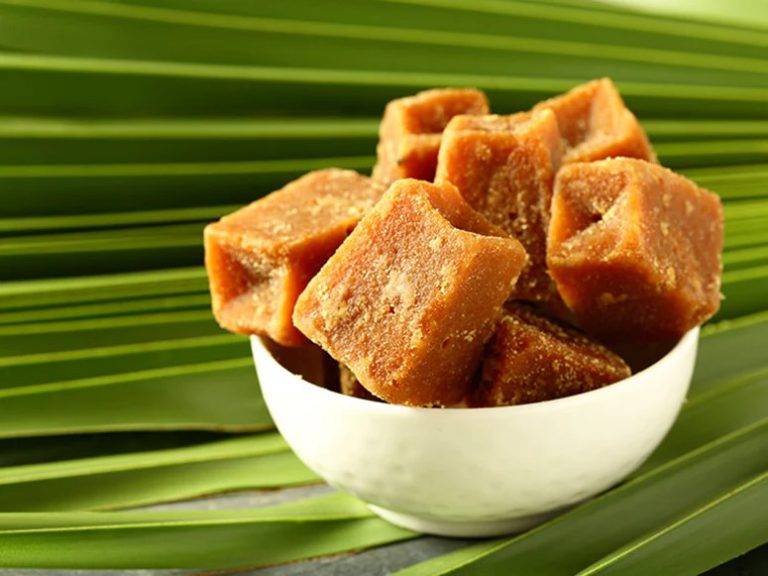
Made from the sap of date palms or sugarcane, jaggery is an unprocessed sugar. It is frequently used in African and South Asian cuisines. Because it preserves some of the minerals found in sugarcane or dates, jaggery is seen as being healthier than refined sugars. It frequently appears in traditional sweets, desserts, and savoury foods and has a flavour that is rich and caramel-like.
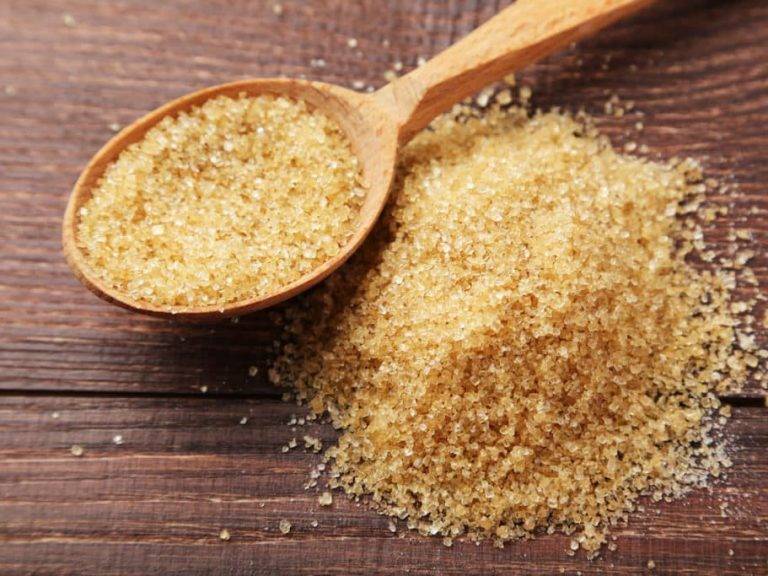
Refined white sugar is combined with molasses to create brown sugar. It has a flavour that is almost caramel-like and a delicate, moist texture. Depending on the variety, the molasses gives it a light or dark brown hue. Because of its moisture content, brown sugar provides richness and suppleness to baked goods like cookies, cakes, and barbecue sauces.

Granulated sugar is ground into a fine powder and combined with a little amount of cornflour to create powdered sugar, also known as confectioner's sugar or icing sugar. It is frequently employed to sprinkle pastries and make frostings and icings. Powdered sugar's fine texture makes it easy to dissolve and provide shiny, smooth coatings.
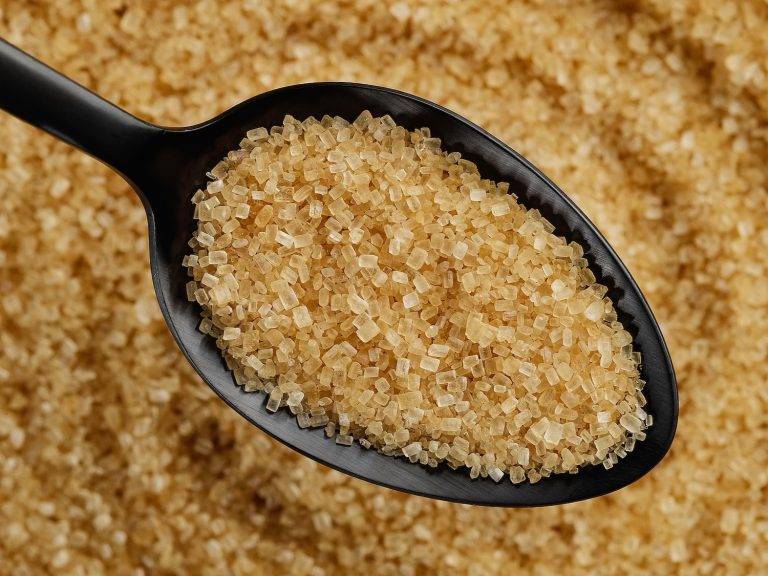
It a golden-brown sugar with big crystals that is only partially refined. It has a slightly sticky texture. It has a characteristic caramel-like flavour since some natural molasses is still present in it. Demerara sugar is frequently used as a beverage sweetener, as a dessert topping, and to give baked items a crispy texture.
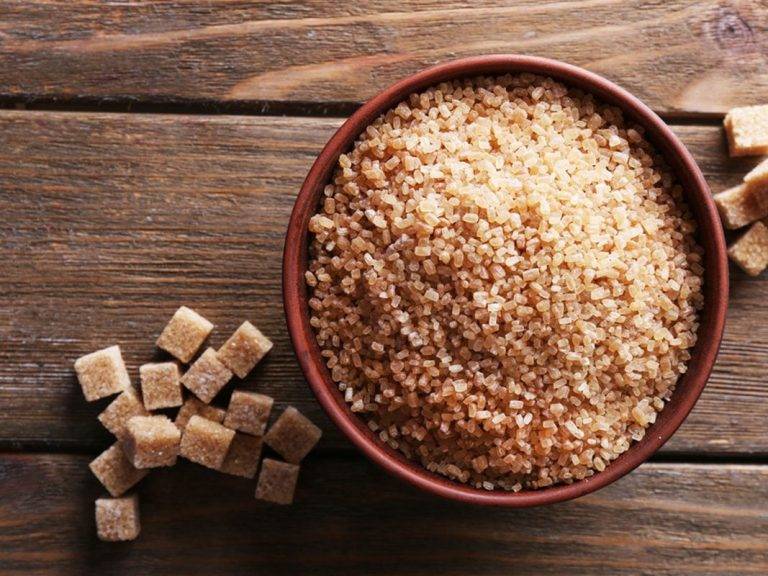
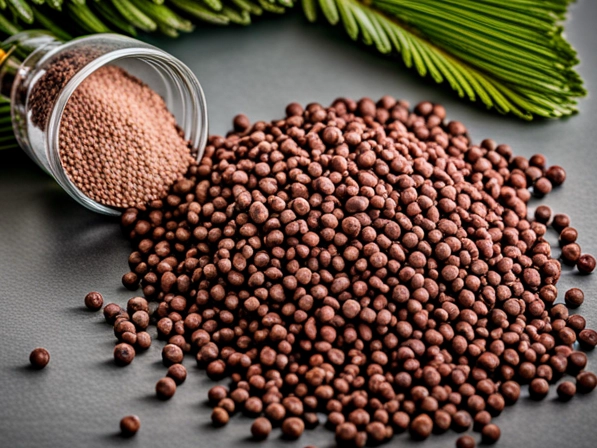
The importance of Potash Derived from Molasses (PDM) as a biofertilizer has grown in recent decades with the increasing awareness of sustainable farming practices and the demand for environmentally friendly alternatives to chemical fertilizers. PDM is a biofertilizer derived from molasses, a byproduct of the sugar refining process. It contains essential minerals, including potassium (K), and other beneficial substances that support plant growth and productivity.
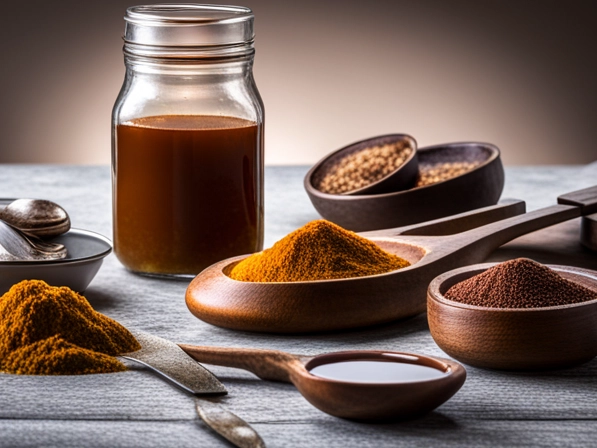
The significance of molasses in various industries and applications has been acknowledged for centuries. It is a thick and dark syrup-like residue that remains after the sugar refining process, containing residual sugar, minerals, vitamins, and other beneficial substances. This versatile material finds wide-ranging uses in the food industry for sweetening and adding flavor to baked goods, beverages, and confectionery. Additionally, molasses is utilized in the production of rum and as a component in livestock feed. It is also a key ingredient in the manufacturing of PDM (potash derived from molasses), a biofertilizer that enhances soil fertility.
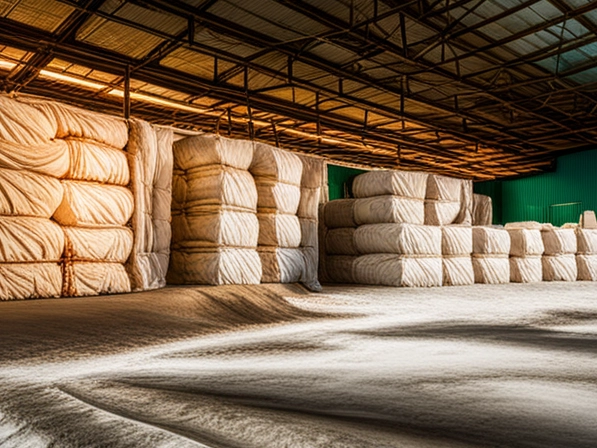
Over the years, the importance of bagasse as a valuable and renewable energy source has been recognized. Bagasse refers to the fibrous residue that remains after extracting juice from sugarcane. It serves as a valuable biomass material and renewable energy source. Bagasse is commonly employed as a fuel in boilers, generating steam and electricity in sugar mills. Moreover, it is utilized in the production of paper, packaging materials, and compost, contributing to sustainability through its versatile applications.

Press mud, also known as filter cake, has gained importance due to its beneficial properties for soil improvement and agricultural applications. It is a residue obtained during the filtration process of sugarcane juice. Rich in organic matter and nutrients, press mud serves as an excellent soil conditioner and organic fertilizer. Its use in agriculture improves soil fertility, enhances water retention capacity, and stimulates plant growth, aligning with sustainable and environmentally friendly farming practices.

Ethanol has gained significance over the past few decades as a renewable and cleaner substitute for fossil fuels. It is a type of alcohol produced through fermentation and distillation processes, using sugarcane or molasses as feedstock. Ethanol finds diverse applications, including as a biofuel additive in gasoline, offering a sustainable and cleaner alternative to conventional fossil fuels. Additionally, it serves as a key ingredient in the production of alcoholic beverages, pharmaceuticals, personal care products, and industrial solvents.
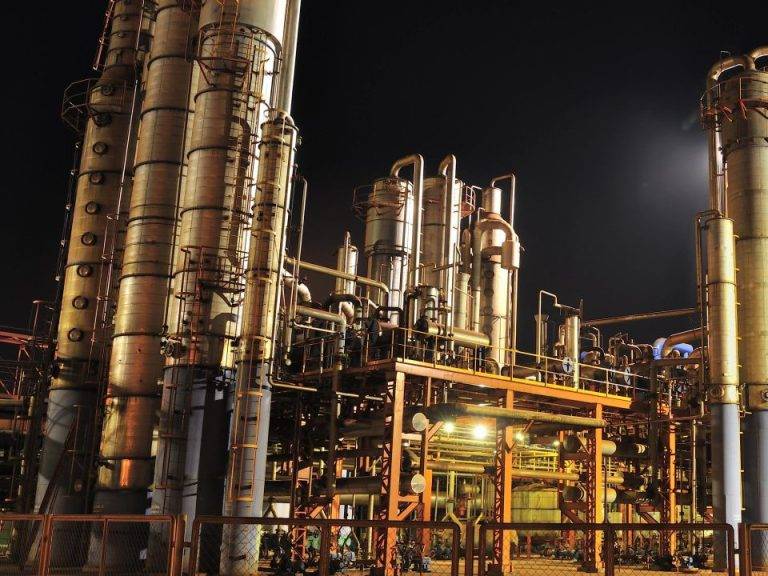
Rectified spirit, a highly concentrated form of purified ethanol obtained through distillation, has been recognized for its importance for several centuries. It is also known as rectified alcohol or neutral spirit. This clear, colorless, and flammable liquid possesses a high alcohol concentration, making it suitable for various applications.
Sugar plays an essential role in advancing environmental sustainability and conservation. As a natural sweetener derived from plants, sugar offers a plethora of environmental benefits. Firstly, sugar crops like sugarcane and sugar beet possess a remarkable capacity to capture and store carbon dioxide from the environment, making significant contributions to mitigating climate change. These crops act as carbon sinks, reducing greenhouse gas emissions and maintaining the overall equilibrium of the ecosystem.
Additionally, sugar production heavily relies on renewable energy sources such as biomass and bagasse, which are byproducts of the sugar refining process. These renewable energy sources help decrease dependence on fossil fuels and minimize environmental pollution. Moreover, sugar crops provide vital habitats for wildlife, supporting biodiversity and preserving natural ecosystems. By selecting sugar produced through sustainable agricultural practices and endorsing responsible sourcing, we can ensure that this vital ingredient continues to have a positive and enduring impact on the environment.
Sugar, a natural carbohydrate derived from plants like sugarcane and sugar beet, is widely utilized as a sweetener and flavor enhancer in food and beverages. It undergoes extraction and refining processes to obtain sucrose, a combination of glucose and fructose. Besides its sweetening role, sugar is present in various culinary and non-food items. It is utilized in baked goods, confectionery, desserts, beverages, and sauces within the food industry. Moreover, sugar finds applications in pharmaceuticals, cosmetics, and biofuel production outside the realm of food. Its versatility and ability to enhance taste and texture make it an indispensable ingredient in many everyday products.
Your questions answered
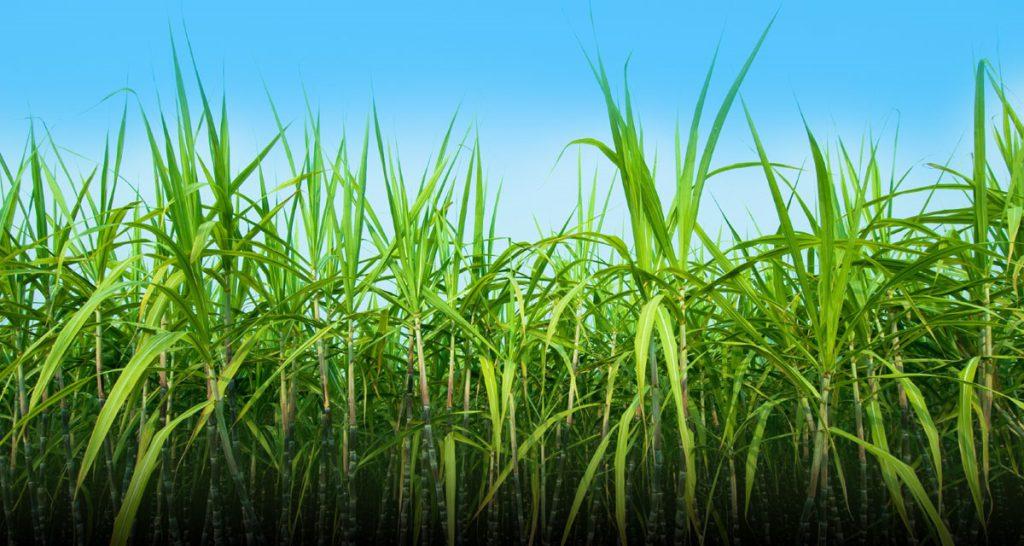
Sugar and its products have a global footprint and are consumed in various countries and civilizations around the world. It’s a common component in many dishes and is popular in both industrialised and developing countries. Sugar’s varied selection of products appeals to people from all walks of life and sectors.
The debate over whether sugar is beneficial or not is complicated. Sugar in small amounts can be part of a healthy diet, especially if it comes from natural sources such as fruits, vegetables, and dairy products, which also supply necessary nutrients. However, excessive consumption of added sugars, which are typically found in processed meals, sugary beverages, and sweets, can be harmful to one’s health. Sugar consumption has been linked to weight gain, an increased risk of obesity, type 2 diabetes, dental issues, and other chronic conditions. It is advised to restrict your intake of added sugars and focus on complete, unprocessed meals that are high in nutrients.
Yes, sugars are a type of carbohydrate with a high carbohydrate content. They include simple sugars such as glucose, fructose, and sucrose, which breakdown quickly and offer instant energy. Fruits, vegetables, and dairy products have natural sugars, but processed foods and beverages contain added sugars. While carbohydrates, particularly sugars, are necessary for energy, too much of them can contribute to weight gain, obesity, and metabolic disorders. Complex carbs from whole meals, such as whole grains, legumes, and vegetables, should be prioritised since they provide additional nutrients and fibre. Maintaining general health and well-being requires balancing and limiting carbohydrate intake.